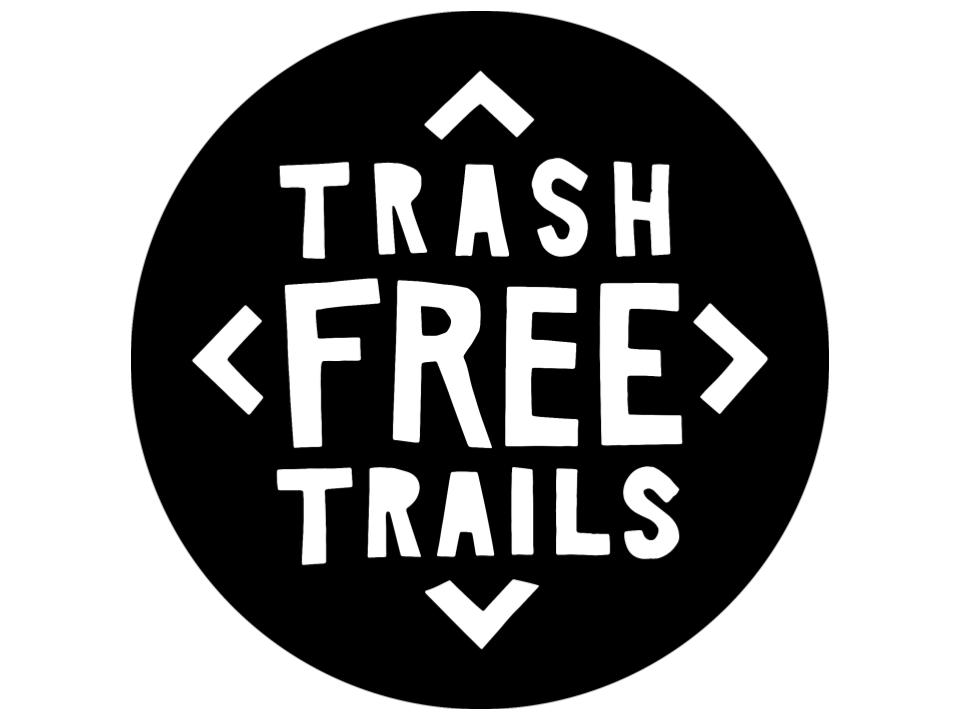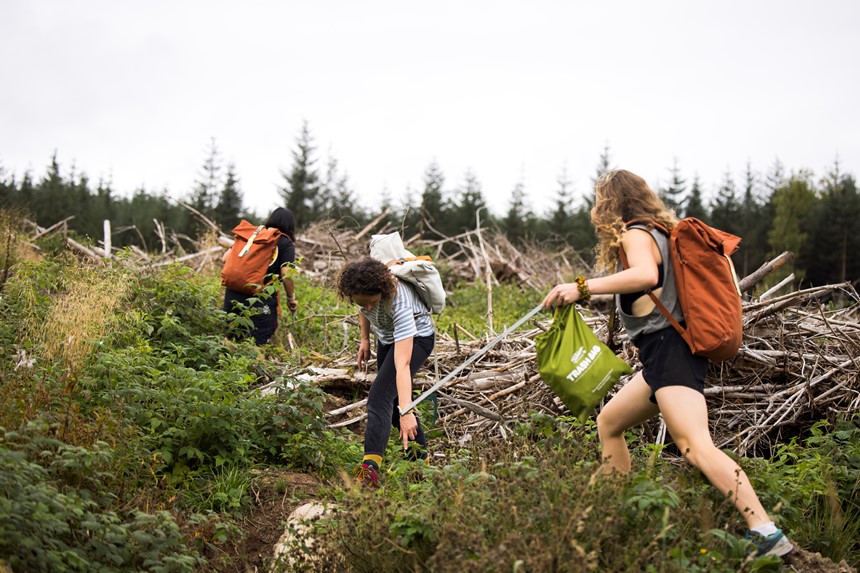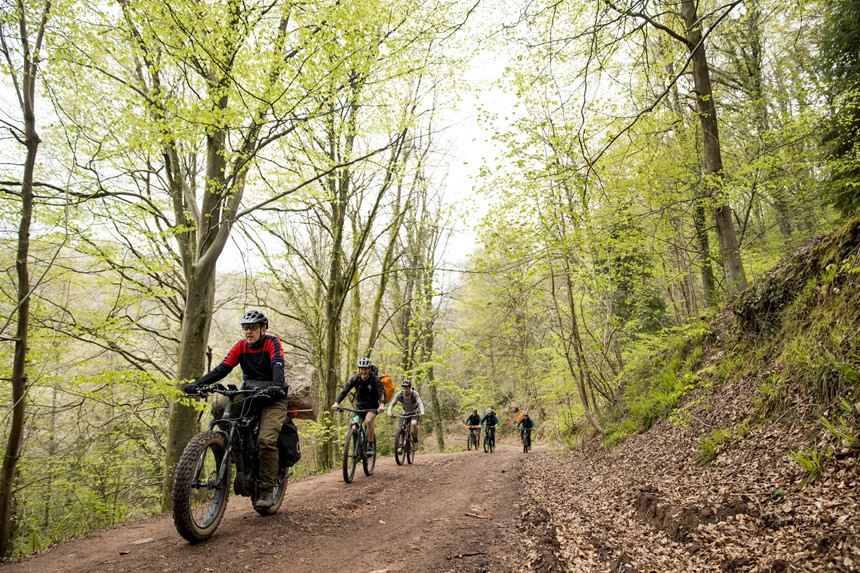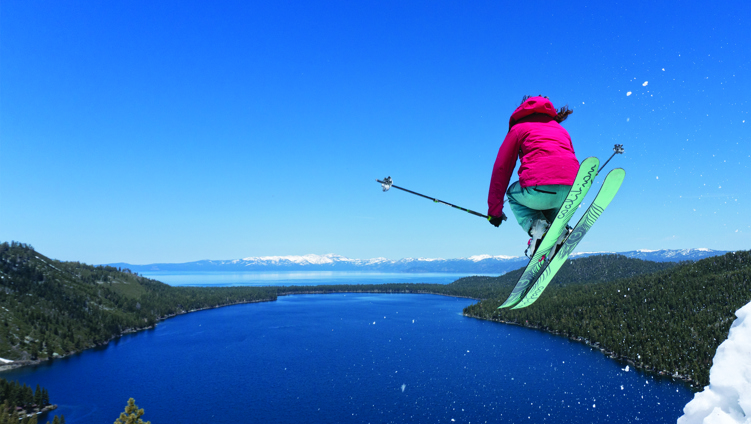Whatever you see in Trash Free Trails’ mission, it includes you, as a member of the outdoor community. Without addressing the reasons ‘litter’ ends up where it does, and why it stays there for so long, all we’ll ever do is remove it. While many people are quite happy to do this, Trash Free Trails wants to remove the need for removal. And this means (re)connecting people with nature through Purposeful Adventures.
So, are you ready to step up to the One Bag Challenge? Not just to clean your local environment, but to strengthen your local community?
Fantastic!
You’ll be pleased to know that there are no rules to the One Bag Challenge. Ok fine, a bag helps. And you will need to pick up some litter. Reporting your bag so the team can add it to the Bagometer is even better. But you really can do what works for you, and use the Do It Ourselves toolkit for guidance.
You can clean a country footpath, a city street or something that isn’t a trail at all, like a park. You can go solo, with friends or with a new community through one of Trash Free Trails’ community events. You can even organise a community event yourself!
Picking up litter is always worthwhile. Every piece of litter, the Trash Free Trails folks like to say, would still be there if somebody hadn’t removed it. But it’s even more worthwhile when you consider that it’s about so much more than litter. Come for the litter, stay for the community.
